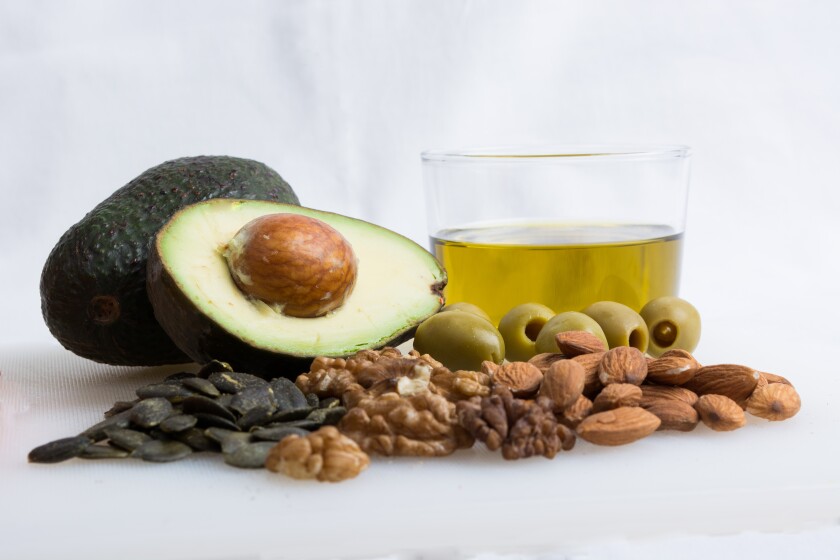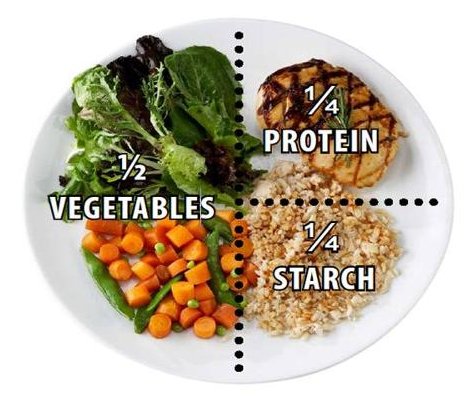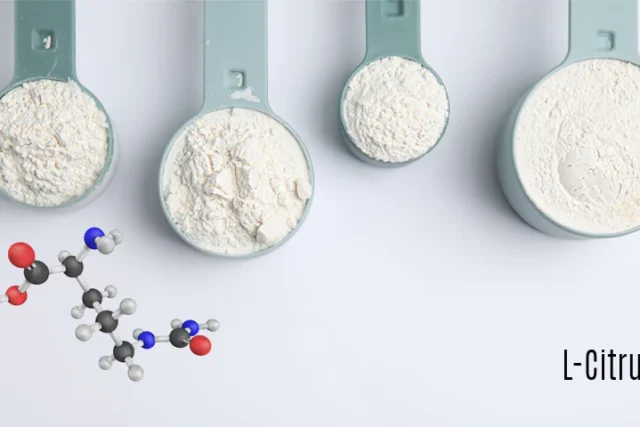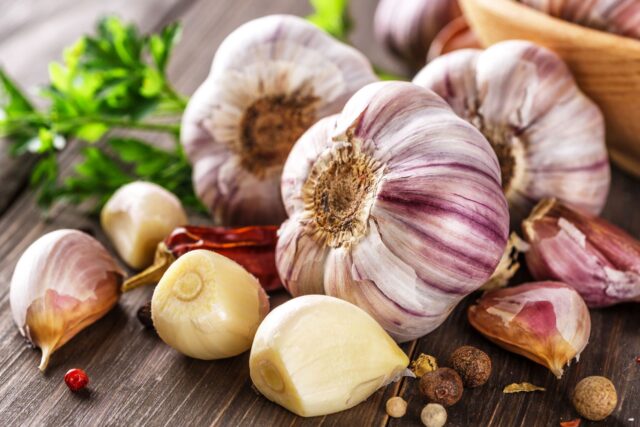Introduction: Balanced Diet for the Well-being
In the intricate web of bodily functions, our digestive system plays a pivotal role, acting as the gateway to nutrient absorption and waste elimination. Within this system, the stomach and colon are two vital components, each with its unique functions and vulnerabilities.
Ensuring their optimal health requires more than just occasional attention; it demands a consistent commitment to a balanced diet and lifestyle. Let’s delve deeper into why maintaining this balance is crucial for the well-being of your stomach and colon.
Table of Contents:
The Significance of A Balanced Diet:
- The phrase “you are what you eat” holds profound truth, particularly when it comes to digestive health.
- A balanced diet rich in fiber, lean proteins, healthy fats, and an abundance of fruits and vegetables serves as the cornerstone of a healthy gastrointestinal tract.
- Fiber, in particular, plays a crucial role in promoting regular bowel movements and preventing constipation, a common issue that can strain the colon.
- Moreover, a diverse diet provides essential nutrients and fosters a thriving gut microbiome, the community of beneficial bacteria that inhabit our digestive tract and aid in digestion and immune function.
Mindful Eating Habits:
- In today’s fast-paced world, the art of mindful eating often takes a backseat.
- However, the way we eat can significantly impact our digestive health.
- Eating slowly, chewing food thoroughly, and paying attention to hunger and fullness cues allow for better digestion and absorption of nutrients.
- Moreover, avoiding excessive consumption of processed foods, sugary snacks, and refined carbohydrates can help prevent inflammation and promote a healthy gut environment.
What Constitutes A Balanced Diet:
A balanced diet is the cornerstone of good health, providing the essential nutrients our bodies need to function optimally. It encompasses a diverse range of foods from various food groups in appropriate proportions.
Here’s a closer look at what constitutes a balanced diet:
Fruits and Vegetables:
- These should form a significant portion of your daily intake.
- They are rich in vitamins, minerals, antioxidants, and dietary fiber.
- Aim for a colorful variety to ensure you get a broad spectrum of nutrients.


Whole Grains:
- Opt for whole grains such as brown rice, quinoa, oats, and whole wheat bread over refined grains.
- Whole grains are a great source of complex carbohydrates, fiber, and B vitamins.
Lean Proteins:
- Incorporate lean sources of protein into your diet, such as poultry, fish, legumes, tofu, tempeh, and low-fat dairy products.
- Protein is essential for muscle repair, growth, and overall body function.


Healthy Fats:
- Include sources of healthy fats, such as avocados, nuts, seeds, and olive oil, in moderation.
- These fats are crucial for brain health, hormone production, and absorbing fat-soluble vitamins.
Dairy or Dairy Alternatives:
- Choose low-fat or non-fat dairy products like yogurt, milk, and cheese, or opt for dairy alternatives fortified with calcium and vitamin D, such as almond milk or soy milk.


Hydration:
- Water is essential for numerous bodily functions, including digestion, nutrient transport, and temperature regulation.
- Aim to drink plenty of water throughout the day, and limit sugary drinks and excessive caffeine intake.
Portion Control:
- Pay attention to portion sizes to avoid overeating, which can lead to weight gain and other health issues.
- Use smaller plates, measure serving sizes, and listen to your body’s hunger and fullness cues.


Moderation:
- While it’s important to enjoy a balanced diet, moderation is key.
- Indulge in treats and less nutritious foods occasionally, but make sure the majority of your diet consists of nutrient-dense options.
Variety:
- Incorporate a variety of foods into your diet to ensure you get a wide array of nutrients.
- Experiment with different fruits, vegetables, grains, and proteins to keep your meals interesting and nutritionally balanced.

By following these guidelines and making informed food choices, you can maintain a balanced diet that supports overall health and well-being.
Remember that dietary needs may vary depending on factors such as age, gender, activity level, and any underlying health conditions, so it’s always a good idea to consult with a healthcare professional or registered dietitian for personalized nutrition advice.
Other Tasks to Support Digestive Health:
Physical Activity:
- Regular physical activity is not only beneficial for cardiovascular health and weight management but also for promoting optimal digestive function.
- Exercise stimulates the muscles of the digestive tract, helping to move food through the system more efficiently.
- Additionally, it can reduce the risk of conditions such as diverticulosis and colon cancer by promoting healthy bowel movements and reducing inflammation.
Stress Management:
- The connection between the mind and the gut is undeniable, with stress often manifesting physically in the form of gastrointestinal discomfort.
- Chronic stress can disrupt digestive processes, leading to symptoms such as stomach pain, bloating, and diarrhea.
- Incorporating stress-reduction techniques such as meditation, yoga, deep breathing exercises, and spending time in nature can help alleviate stress and support digestive health.
Regular Screening and Monitoring:
- Despite our best efforts to maintain a healthy lifestyle, regular screening for digestive disorders such as colon cancer is crucial.
- Colonoscopies and other screening tests can detect abnormalities early when they are most treatable.
- Additionally, paying attention to changes in bowel habits, abdominal pain, or unusual symptoms can prompt timely medical evaluation and intervention.
Conclusion:
In the quest for overall well-being, nurturing our digestive health should be a top priority. By adopting a balanced diet, mindful eating habits, staying hydrated, engaging in regular physical activity, managing stress, and seeking timely medical care, we can support the health and function of our stomach and colon.
Remember, small changes in daily habits can yield significant benefits for your digestive system, paving the way for a happier, healthier life.



MOST COMMENTED
Animal-Based Proteins / Casein Protein / Dietary Protein / High-Protein Diets / Pea Protein / Plant-Based Proteins / Protein / Protein Deficiency / Protein Supplements / Proteins / Whey Protein / Whey Proteins
Is Protein Powder Safe for Teenagers and Children?
Animal-Based Proteins / Casein Protein / Dietary Protein / High-Protein Diets / Pea Protein / Plant-Based Proteins / Protein / Protein Deficiency / Protein Supplements / Proteins / Whey Protein / Whey Proteins
Unlock the Power of Proteins for Optimal Gut Health
Multivitamin
Total Health: Multivitamin for Active Lifestyles
Multivitamin
WellnessFusion: Complete Multivitamin Support
Dietary Supplement
Revitalize Your Health: The Magic of Red Yeast Rice Capsules
Foot care / Foot Health
Revitalize Your Foot Care Routine: Essential Tips for Optimal Foot Health
Foot Problem / Diabetics / Foot Health
Diabetics: Mastering Footwear Selection for Enhanced Foot Health and Ultimate Comfort
Exercises and Footwear Tips for Hammertoe Relief / Foot care / Foot Health / Foot Pain / Foot Problem / Hammertoes
Unlock Effective Exercises and Footwear Tips for Hammertoe Relief
Hammertoes / Foot Health / Foot Pain / Foot Problem
Unlock Relief: Essential Guide to Hammertoes Causes, Symptoms, and Treatments
Foot Problem / Foot Health
Revolutionize Your Recovery: Natural Remedies for Plantar Fasciitis – Fresh Home Keepers